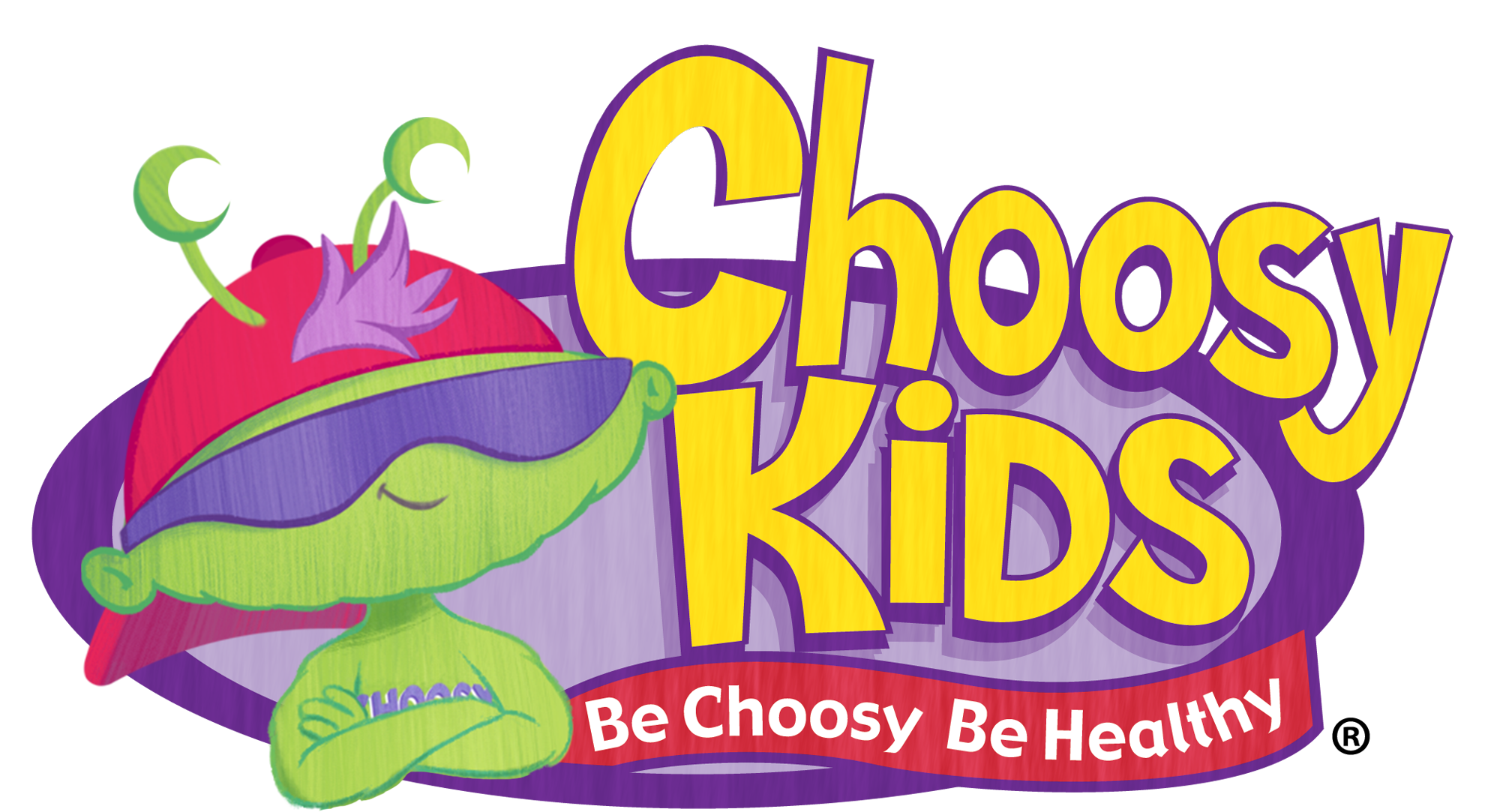


By Susan Lurz, Co-Founder of Proudtree Empowered Learning
We all have the inborn capacity to express kindness and compassion to others and we can model this behavior to our children, providing them with opportunities to understand and support others in helpful, caring, and protective ways.
My own personal journey over the past several years has exposed me to many different acts of kindness and compassion. While working to publish empowerment programs with Proudtree Empowered Learning, I have been extremely fortunate to have met phenomenal people who spend their lives working solely in support of others. I have watched and learned from these people and have gained personal insight into the gifts given and received when kindness and compassion are extended to others. I have traveled to Thailand and Cambodia with an organization whose only mission is to rescue children from prostitution and slavery. I have witnessed the work of trauma therapists who have traveled the world helping others deal with the aftermath of devastating natural disasters such as the ones that took place in the Philippines and Haiti, and I have witnessed many animal rights advocates who choose to live a meager lifestyle in order to nurture the innocent creatures of this world.
Beautiful acts of kindness can happen anywhere, at any time, and sometimes take place in our own backyard. Several years ago, I had the pleasure of meeting two women from Asheville, NC, who believe that the best way they can give back to their community is to offer help to those in need. So they opened their private home to the homeless and those living in poverty, offering them food, clothing, and a safe place to rest.
If you spend any time at all these days watching or listening to the news, it certainly could feel like we are living in a world full of hatred, anger, and selfishness. However, it all depends with which eyes you choose to view the world. Personally, I prefer to put on my rose-colored, hopeful glasses every morning. And although that may sound like a foolish notion in today’s gloomy climate, the statistics from the Urban Institute in Washington, D.C. are very uplifting. The number of public charities in the U. S. from the years 2003-2013 grew by 19.5% and the number of adult volunteers that work at these charities is at an all time high. So, what does this mean? Are we becoming a kinder and more compassionate nation? And if so, why?
Perhaps it is simply because there are more of us, everyday, who are experiencing the incredible power that can come from a simple act of kindness and compassion for someone or something else. Just imagine if our children were able to experience that same power. They already have the natural ability to empathize with others we just simply need to harness that innate ability. And because children learn from the important adults in their lives, we can offer them opportunities to practice kindness and compassion everyday. Here are some ideas you can try with your children:
- Each day challenge yourself and your child to do at least one act of kindness. Then at dinnertime, share with each other your act of kindness, how it made you feel, and how you think it made the other person feel. Remember, an act of kindness can be kind gestures toward others, animals, and nature.
- Experience kindness and compassion as a family by volunteering in your community at local events or shelters. For example, help raise money for a family in need, volunteer at a local shelter or food bank, rake leaves or shovel snow for a neighbor.
- Show your children how to be kind and compassionate to themselves. Help them to choose an empowering affirmation that they can say at the start of each day such as, “I’m an awesome kid and I choose to treat myself and others with kindness.” Help them to write their affirmation on a piece of paper and put it in a place where they’ll see it every morning.
Acts of kindness can come in all shapes and sizes and range from worldly gestures for masses of people to simply being there for a friend in his or her time of need. It makes no difference how big or small the act, what matters is the spirit of love that is exchanged.
The more we practice kindness and compassion with our children the more it will become their natural way of thinking. Just as they learn how to become better at academics, sports, or playing a musical instrument, they can also become skilled at extending kindness. And as an added benefit, they will gain a higher feeling of self-worth, joy, and confidence. What more could we want for our children?

You may also like...







